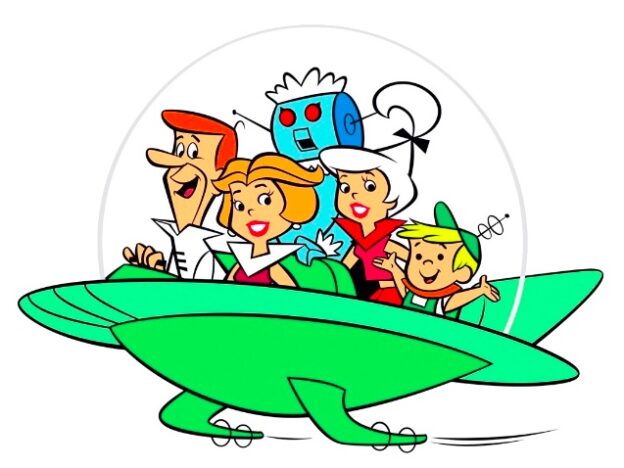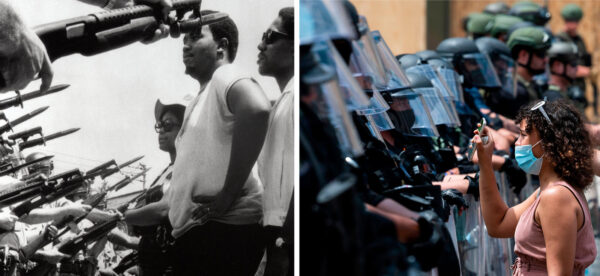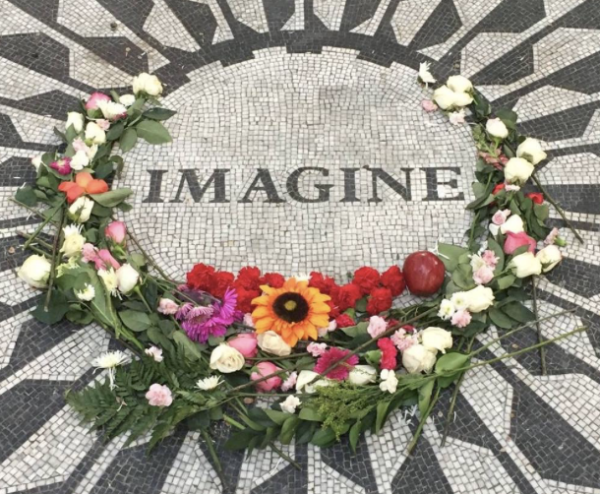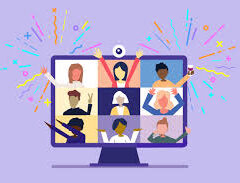
How will 2020 be categorized in history books one-hundred years from now? How will teachers then, learn from our mistakes now? The larger more pressing question is how do we, today, give student the opportunity to be educated in a system they will not grow to resent for its oppressive and dismissive policies and curriculum?

By the time students reach high school, many realize that the ways in which they have been taught to view history are centered around the Eurocentric belief system. As Gloria Ladson-Billings (1998) states these curriculums “legitimize white, upper-class males as the standard knowledge students need to know”. This is increasingly problematic. History pertaining to students of color is suppressed, creating a system where they only see themselves as descendants of slaves, and not the descendants of change makers, inventors, doctors, writers, homemakers, scientist…teachers.
Continue reading



